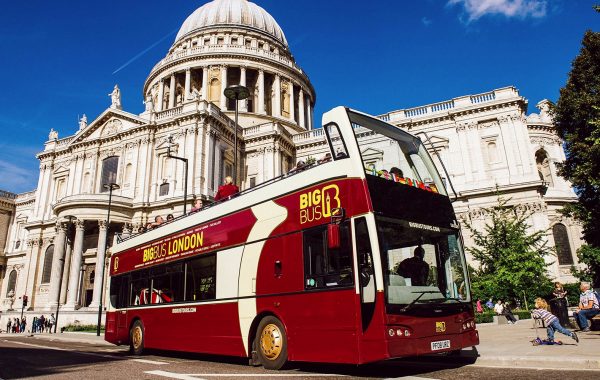Traveling to Europe as a student can be an exhilarating and enriching experience, but it often comes with the misconception that it requires a hefty budget. However, with careful planning and a few smart strategies, it’s possible to explore the stunning landscapes, vibrant cities, and cultural treasures of Europe without breaking the bank.
Welcome to TFN Smart Traveller, a recurring feature in which we highlight the best travel ideas, essential tips, restaurant recommendations, and fantastic stay options for an unforgettable experience. From budget-friendly travel hacks to hidden gems and cafes in your city will recommend student-friendly options, ensuring you have an incredible time while balancing your studies.
Here are ten valuable tips that will help you make the most of yout European adventure while staying within a budget.
Plan and Research:
Thorough planning is the foundation for a budget-friendly trip. Start by deciding on the countries or cities you want to visit and create a rough itinerary. Research popular student-friendly destinations, affordable accommodations, and transportation options to get a clear picture of your expenses.
Travel During Off-Peak Seasons:
Avoiding peak tourist seasons not only saves you money but also ensures a more authentic and less crowded experience. Prices for flights, accommodations, and attractions tend to be lower during off-peak seasons, making it easier to stick to your budget.
Embrace Budget Accommodations:
Consider staying in hostels, which are not only cost-effective but also offer an excellent opportunity to meet fellow travelers. Many hostels provide private rooms or female-only dorms, ensuring a comfortable and secure stay. Alternatively, explore budget-friendly guesthouses or look for short-term rentals through reputable platforms.
Explore Budget-Friendly Transportation:
Opt for budget airlines or trains that offer discounted fares for students. Traveling overnight by train or bus can also save you money on accommodation while allowing you to cover long distances. Additionally, consider using public transportation within cities, as it is often more affordable than taxis or ride-sharing services.
Eat Like a Local:
Eating out at restaurants can quickly deplete your budget. Instead, explore local markets, grocery stores, and street food stalls to experience the local cuisine without breaking the bank. Picnics in parks or public spaces are also a great way to enjoy affordable meals while taking in the sights.
Take Advantage of Student Discounts:
As a student, you’re eligible for numerous discounts across Europe. Carry your valid student ID card and make sure to inquire about reduced admission fees at museums, galleries, theaters, and attractions. Some cities even offer discounted public transportation passes for students.
Explore Free Attractions and Activities:
Europe is filled with iconic landmarks, beautiful parks, and stunning architecture that can be enjoyed for free. Research and prioritize visiting attractions that don’t require an entrance fee, such as parks, markets, and public squares. Take advantage of free walking tours and explore the charm of the cities on foot.
Connect with the Sharing Economy:
Utilize sharing economy platforms to find affordable or even free accommodation, transportation, and experiences. Platforms like Couchsurfing allow you to stay with locals for free, while others like BlaBlaCar offer ridesharing options, reducing your travel costs significantly.
Use Student Travel Cards:
Invest in a student travel card, such as the International Student Identity Card (ISIC). These cards provide access to various discounts on transportation, attractions, accommodations, and even restaurants. They are widely accepted across Europe and can help you save money throughout your journey. Get a Forex Card from a bank in your country of residence and travel cashless and worry-free.
Stay Flexible and Open-Minded:
Finally, embrace flexibility and an open mind while traveling on a budget. Be willing to adjust your itinerary based on deals, last-minute discounts, or unforeseen opportunities. Spontaneous detours or exploring lesser-known destinations can lead to unexpected adventures while staying within your budget.
Traveling through Europe as a student doesn’t have to be a financial burden. By employing these ten tips, you can explore the continent’s diverse landscapes, immerse yourself in different cultures, and create unforgettable memories, all while staying within your budget. Remember, the key is to plan ahead, research your options, embrace local experiences, and take advantage of the many student discounts and budget-friendly resources available. Bon voyage!
For latest travel news and updates, food and drink journeys, restaurant features, and more, like us on Facebook or follow us on Instagram. Read more on Travel and Food Network
Trending on TFN
Backpacker’s Guide To South Africa
72 Hours In Paris | Travel and Food Guide




















